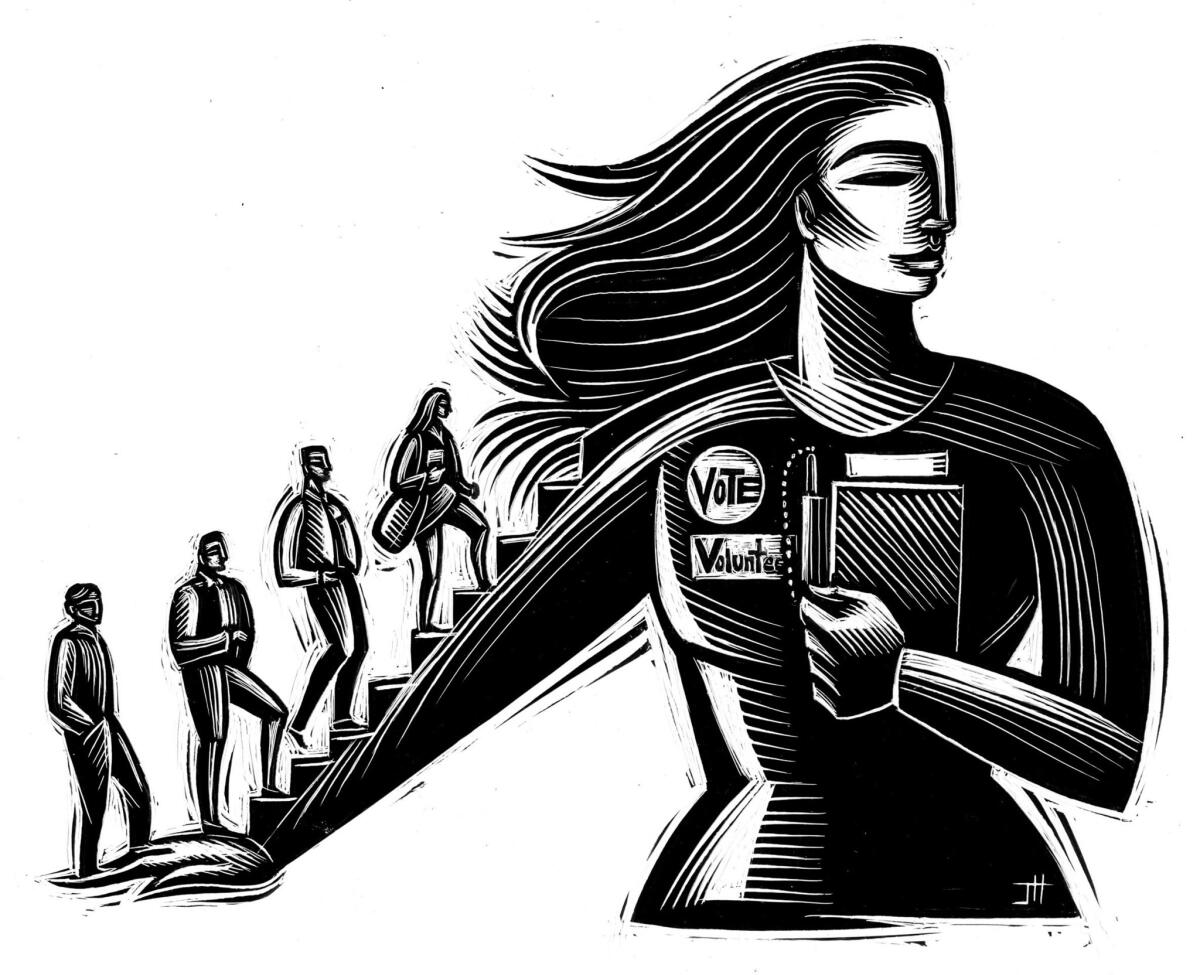C’mon millennials: Let’s flex our political muscle and demand economic justice

This week, House Minority Leader Nancy Pelosi indicated that Democrats would attempt to pass a proposed federal minimum wage hike using an obscure House parliamentary procedure.
Called a “discharge petition,” the tactic brings a bill — in this case, a bill that would raise the federal minimum wage to $10.10 an hour over two years — directly to the floor of the House, bypassing the Republican-controlled committees that have so far blocked such a vote. The reason is simple: The GOP disapproves of the minimum wage, but with most Americans in favor of raising it, House Republicans would rather not cast that vote ahead of the midterm elections.
But in case they are forced to cast public votes against the measure, Republicans have also attempted to lessen the political damage by discrediting the proposed wage hike. They cite a recent CBO report that estimates raising the minimum wage to $10.10 would cost 500,000 jobs — too high a price, conservatives say, even in exchange for the 16 million workers who would earn higher income under such a mandate.
PHOTOS: From the Fed to GM, 5 top-tier women trying to fix man-made messes
Millennials are one of the primary targets of this GOP dissuasion campaign. It makes sense: My generation makes up about 18% of the electorate. We’re more politically independent than older voters. Growing and potentially persuadable, we might make the difference in key elections this fall; with only 6 in 10 of us able to find any work (including part time), and a disproportionate share working minimum-wage jobs, the issue promises to be one of the few that might move otherwise recalcitrant young voters to the polls.
Republican’s generationally targeted case against a minimum-wage hike is fairly simple, and fairly similar to their general one: More money paid means fewer jobs offered. A higher minimum wage doesn’t mean anything if you aren’t earning any wage at all, and anyway, why are these kids so darn entitled?
Like many morality play arguments against economic progress, the case has a kind of intuitive appeal. But the reality is more nuanced. Millennials would benefit enormously from a hike to a $10.10 wage, but more important, it represents only the small first step we must take to create the country we want to inherit.
PHOTOS: How the Democrats can win back the House and keep the Senate -- in 6 steps
Why?
First, there’s a strong case to be made that the hike to $10.10 wouldn’t cost jobs. What it would do is give a significant boost to a generation crippled by student loan debt and at times unable to make ends meet even when working more than 60 hours a week at current wages. But even that would be little more than a fighting chance. When we hear about the “destructive” and “radical” push to raise the minimum wage, no millennial should forget that $10.10 an hour is still a compromise.
The truth is that if the minimum wage had kept pace with worker productivity after 1968, it would be more than $20 an hour today. People wonder why today’s young people can’t seem to get ahead like their parents and grandparents did. That’s why: Even a “substantial” hike to entry level wages would still put us far behind the average purchasing power of our predecessors at this phase in life.
PHOTO ESSAY: 5 Senate women to watch in 2014
It’s not that the money isn’t available. Our GDP will recover. The stock market is doing fine. But it’s more difficult than ever for workers, especially those starting out, to get a fair share of the wealth their labor generates for businesses. Our businesses aren’t so frail that they couldn’t allocate higher pay for their employees; despite similar cries from the start of the minimum wage through every subsequent increase, a mandate on a minimum income for workers has never crippled the American economy. And who knows? Maybe employers will even get better value from employees who aren’t coming off an eight-hour shift at their other jobs.
Economic justice impacts every American. But it is especially vital to those of us who are just starting out. We are the ones who must decide what kind of country we’ll inherit when its current leaders are gone. So we’ve got to aggressively support politicians who seek to raise the minimum wage, and punish those who don’t. If we refuse to flex our political muscle now, it won’t be a future worth the 100-hour workweeks we’re inheriting.
ALSO:
Mexican flag, si; American flag, no?
The truth about the great American science shortfallTim Draper’s argument for splitting California into six states makes zero sense
Emmett Rensin is an author, essayist and political activist in Chicago. His previous work has appeared in USA Today, Salon and the Los Angeles Review of Books. Follow him on Twitter @revemmettrensin.
More to Read
A cure for the common opinion
Get thought-provoking perspectives with our weekly newsletter.
You may occasionally receive promotional content from the Los Angeles Times.










